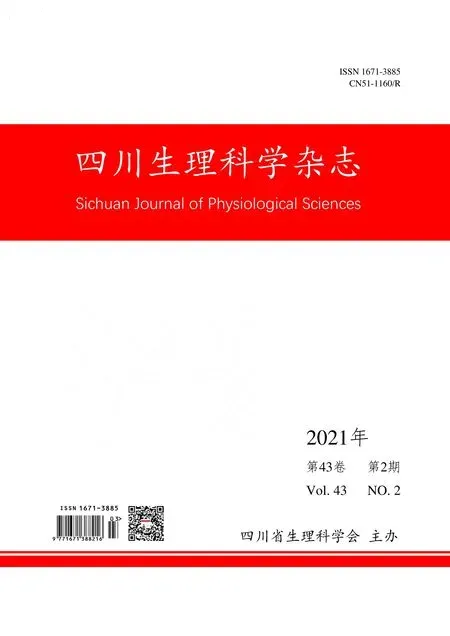Follicular regulatory T cells produce neuritin to regulate B cells
2021-01-07PaulaGonzalezFigueroa
Paula Gonzalez-Figueroa
Regulatory T cells prevent the emergence of autoantibodies and excessive IgE, but the precise mechanisms are unclear.Here, we show that BCL6-expressing Tregs, known as follicular regulatory T (Tfr) cells, produce abundant neuritin protein that targets B cells. Mice lacking Tfr cells or neuritin in Foxp3-expressing cells accumulated early plasma cells in germinal centers(GCs) and developed autoantibodies against histones and tissue-specific self-antigens. Upon immunization, these mice also produced increased plasma IgE and IgG1. We show that neuritin is taken up by B cells, causes phosphorylation of numerous proteins, and dampens IgE class switching. Neuritin reduced differentiation of mouse and human GC B cells into plasma cells,downregulated BLIMP-1, and upregulated BCL6. Administration of neuritin to Tfr-deficient mice prevented the accumulation of early plasma cells in GCs. Production of neuritin by Tfr cells emerges as a central mechanism to suppress B cell-driven autoimmunity and IgE-mediated allergies.
